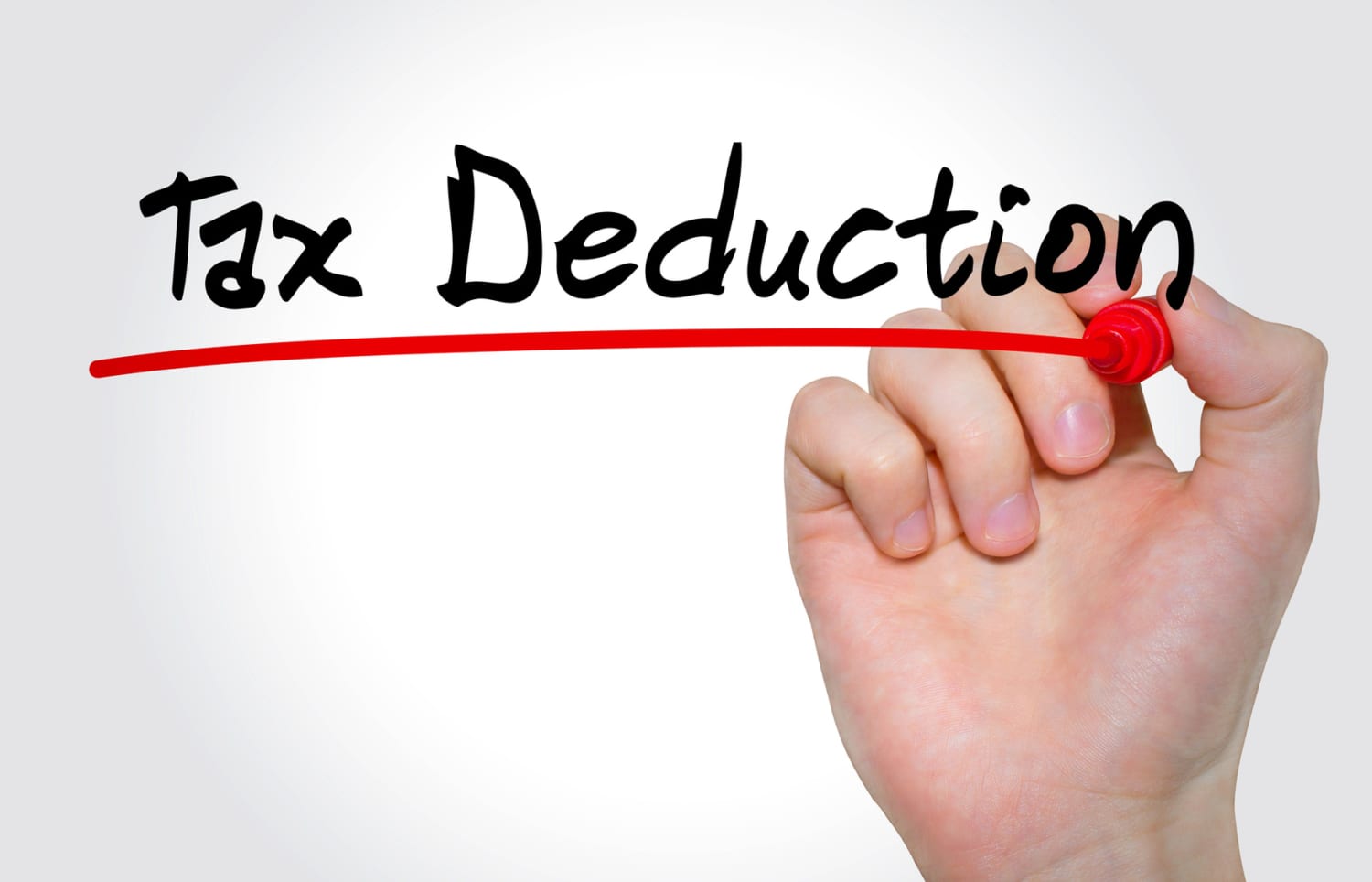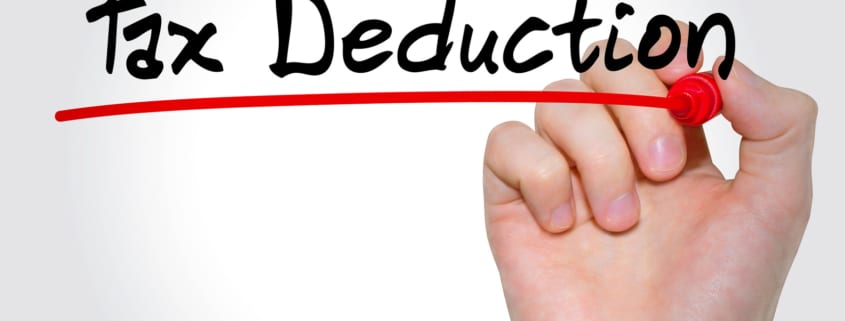Small Business Tax Deductions Checklist That Saves You Money

Save Money with a Checklist for Small Business Tax Deductions
As they say, the two things you can count on in life are death and taxes. We can’t do anything about death (yet!), but as a small business owner you can manage your taxes to save. Since tax rules seem to change frequently, we’ve put together a checklist of small business tax deductions that can save your business some money.
Key Tax Deductions for Small Business
1. Small Business Insurance
With small business insurance you can protect your business and while often being able to deduct premium costs at tax time. Costs for policies that can usually be deducted, among others, include:
- General Liability Insurance
- Commercial Property Insurance
- Commercial Auto Insurance
- Professional Liability Insurance
- Cyber Insurance
- Business Interruption Insurance
- Workers’ Compensation Insurance
- Group Health Insurance
- Life Insurance
Learn more about the insurance coverages that might apply to your business.
2. Home Office
If you use your home as your principle place of business, you can deduct for the space you use, up to 300 square feet.
3. Business Rental
When you rent physical place for your business, it is fully deductible.
4. Utilities
Your business’s utility costs, including expenses like electricity and mobile phone charges, are deductible.
5. Vehicle Expenses
You can take deductions for a vehicle, such as a car or van, for the portion of time it is used for business. You can deduct costs for gas, upkeep, etc. or claim the IRS standard mileage rate instead.
6. Marketing and Advertising
Promotions, advertising, business cards, etc. can be deducted. This includes any fees you pay outside media consultants.
7. Supplies
Office supplies, cleaning services, postage and more can be deducted.
8. Contractors, Salaries, Wages and Benefits
Salaries, wages, commissions, bonuses, employee benefits and fees paid for independent contractors and freelancers are deductible.
9. Business Dining
You can deduct 50 percent of the costs you incurred for meals you paid for, whether for employees or clients.
10. Business Travel
Some travel expenses are expenses, if the travel is only business-related and for more than a day.
11. Professional Fees
Deduct fees paid to accountants, bookkeepers, lawyers and other professionals that you engage for your business.
Using deductions at tax time requires you to keep thorough records throughout the year, because you could very well be called upon to prove your claims. Your small business may qualify for additional deductions, so talk with your accountant.
Talk with your tax adviser about other ways you can save on taxes.

 EINSURANCE
EINSURANCE EINSURANCE
EINSURANCE EINSURANCE
EINSURANCE